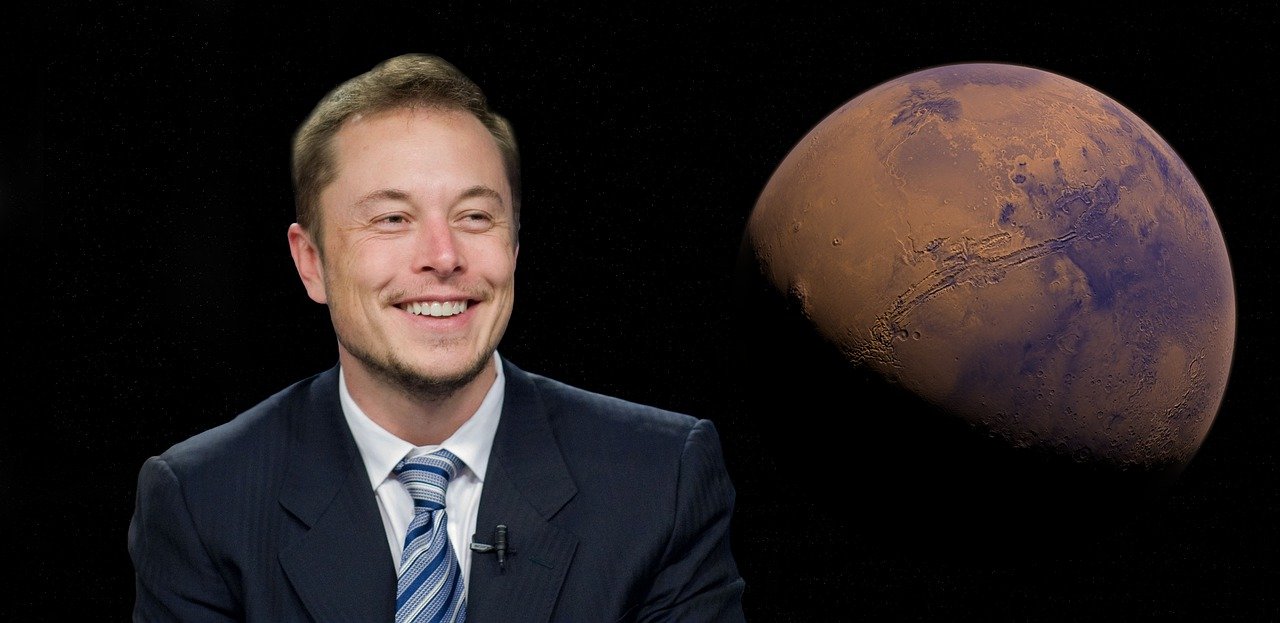Entrepreneur Elon Musk has been warned it’ll take sophisticated, nuanced new forms of artificial intelligence if his dreams of a new dawn for Twitter are to come true.
That’s according to Professor David Reid, an AI and Spatial Computing specialist at Liverpool Hope University.
Musk this month acquired Twitter in a forty-four billion dollar takeover, and wants the social media giant to be a platform for ‘free speech’.
But Professor Reid says Musk’s stance doesn’t eradicate the legal need for Twitter to filter out ‘hate speech’.
And if Twitter is to become even more open than before, it’ll take some seriously powerful new forms of artificial intelligence to keep a lid on the conversations taking place there.
.jpg)
Professor Reid fears Musk - the founder of Tesla and said to be the world’s richest man - says that - may not have the requisite experience to negotiate such tricky waters, and questions: “Elon Musk says that he is a free speech absolutist’. He also wants to open source the Twitter algorithm and to make it more transparent.
“However, nuancing what is free speech and what is hate speech may be much more difficult to address than he perhaps envisages.
“In my view, Musk will have to rely on sophisticated new forms of artificial intelligence to moderate this new form of ‘free speech’ content in order to stay within the confines of the law.
“This next-generation AI needs to understand the real world and a lot of its nuances. But even with Musk’s technological know-how, he may find that incredibly difficult to implement.
“After all, this is his first social media platform, so it could be reasonably agued that Musk is fairly unfamiliar with the complexities of content moderation in order to suppress, for example, racist, sexist or xenophobic content.
“The crossing of the rubicon between free speech to what is offensive and incendiary speech is often obvious, but is not always so.”

Musk, founder, CEO and chief engineer at SpaceX, has said he’s not primarily interested in making money from Twitter, but is more concerned with ‘having a public platform that is maximally trusted and broadly inclusive’, adding how it is ‘extremely important to the future of civilisation’.
Yet as Professor Reid points out, honesty and transparency hasn’t always come easy for Musk.
Prof Reid adds: “He has clashed with the press, his own workers and his own customers over freedom of speech. For example, Tesla tried to make customers sign non-disclosure clauses as a prerequisite to have their vehicles repaired.
“In my view, this contradicts his free speech absolutist stance.
“And there’s another problem.
“For all his scientific advancements - he’s invested heavily in neuro-computer interfaces with ‘Neuralink’, has created a vast network of communication satellites, made rockets that are capable of landing vertically with SpaceX, launched a futuristic transportation system with Hyperloop, and formed probably one of the most advanced robotic programmes in the world with Optimus - he has described artificial intelligence as one of the greatest threats to humanity and akin to ‘summoning the demon’.
“With that in mind, will he want to rely so heavily on AI to police his new vision for Twitter?
“One thing’s for sure, Twitter will inevitably change, in terms of both the personnel who work there and the platform itself.
“I can't see Elon Musk taking a back seat in the boardroom and not forcefully putting his case forward about his vision of what a social media platform should be.
“Only time will tell whether or not he’s successful.”
In recent months Professor Reid has also warned about the ‘terrifying dangers’ posed by Mark Zuckerberg’s immersive ‘Metaverse’.
He commented: “The metaverse has huge implications - it comes with fantastic advantages and terrifying dangers.
“It’s blending the digital and the real world together. Ultimately this blend may be so good, and so pervasive, that the virtual and the real become indistinguishable.
“And the market for that is gigantic. Whoever controls that, will basically have control over your entire reality.
“We need a highly robust system in place to police the metaverse. No single company should ever exert control - it’s simply too important for that to happen.”



